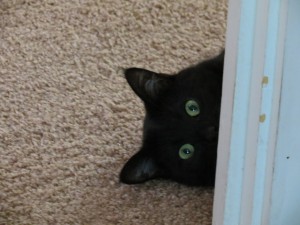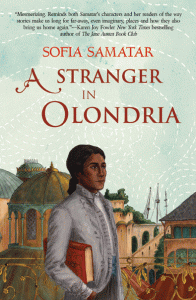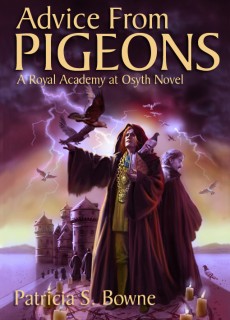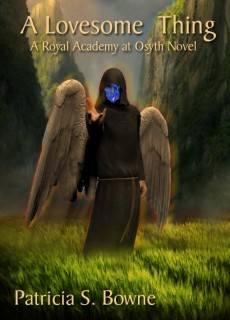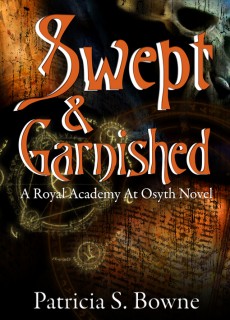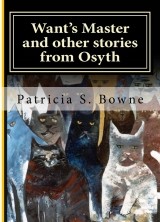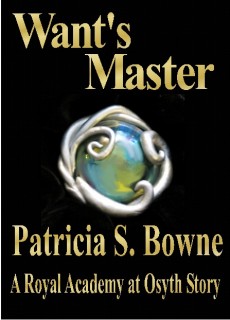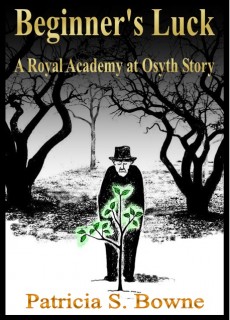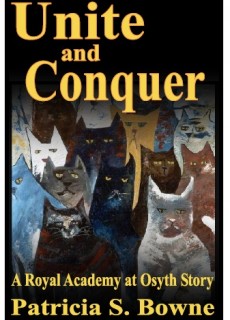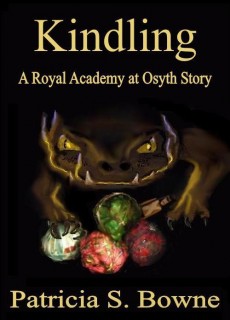When I was young, there was a commercial my parents loved. It was for some allergy medicine or other, and it showed a bored little boy sitting on the porch steps. From inside the house came his mother’s voice: “Johnny, I hope you’re not doing anything!”
I’m thinking about this because I just read Rob Godman’s article in The Chronicle about dystopian literature. He attributes the current boom in it to ‘apocalyptic narcissism,’ which he defines as “the conviction that our anxieties are uniquely awful; that the crises of our age will be the ones that finally do civilization in; that we are privileged to witness the beginning of the end.”
Well, I buy this explanation entirely when it’s applied to the political blogs I follow. Every single group is convinced that their issue is the one on which our civilization will founder. But in fiction? Not so much.
As an SF and fantasy fan, I’ve read lots of dystopian novels. More recently a friend spent a while writing one, and our critique group read it in several iterations. We quite liked it, but couldn’t figure out the plot arc or where it was going; the most lovingly detailed parts of it were how its protagonists survived in a city where all the other people were dead. It eventually transpired that this book in fact had no plot arc, something which didn’t interfere with our enjoyment of it in the least. The whole point of it was survival.
Likewise, when I read The Hunger Games what stuck with me was not the plot or the setting but the details of how the heroine gathered wild food and caught rabbits. Isn’t freedom to do that what she’s fighting for all along?
To me, a large section of US-written dystopia has always been a pretext for getting rid of civilization so the protagonists can be self-sufficient pioneers. No more forms to file, no more tickets or taxes to pay or bylaws to obey. No more rules against cutting down that tree or digging that hole. Better to scrounge through a desolate city full of corpses than be safe and fed in a gated community that has no use for your skills — a community, in fact, that doesn’t want you to use those skills.
So I find myself wondering whether the current boom in dystopias is not just frustration at a world in which more and more of us appear to be useless, our skills unwanted, our ambitions a nuisance. In dystopia, the unwanted can enjoy stories about a world remade in which all their abilities matter, exactly in the way I enjoyed Little House on the Prairie.
There’s a big difference, though. Little House led into The Foxfire Books, Euell Gibbons, gardening, sewing, knitting, building, making. What do dystopian visions of outlasting one’s culture lead to? Can anything be done with them except more dreaming? But then, this may be the point – to sell more books. To keep the unwanted hordes staring at their Kindle screens, rather than getting up and making nuisances of themselves.
So go ahead, download that next end-of-the-world novel. It could be worse. You could be doing something.
Update: Jennifer Silva’s article on working-class students captures exactly what I’m trying to say!


